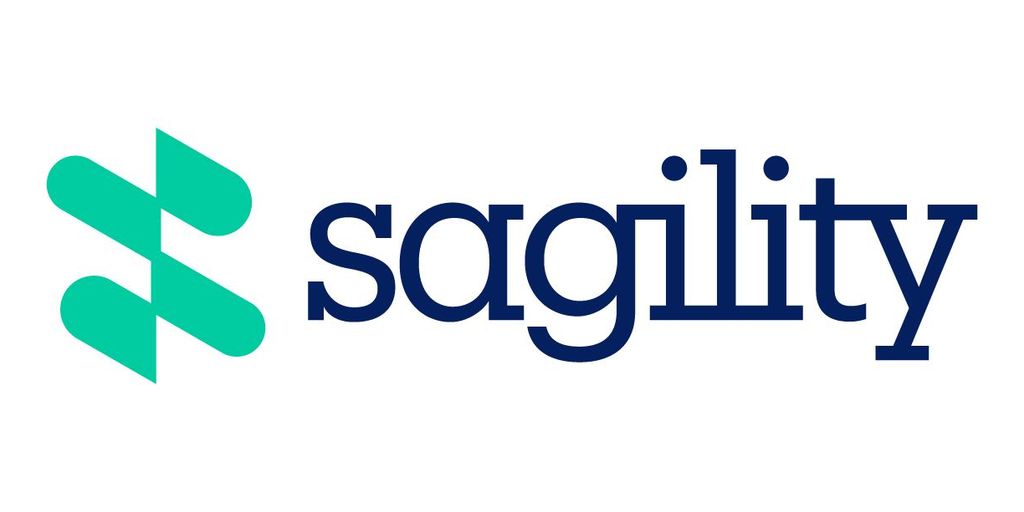Cost Saving Blueprint:
Twosense vs. Hard Tokens
Twosense offers a streamlined and cost-effective approach to agent identity security, reducing both hard and soft costs while eliminating the pain of implementing MFA. When compared the annual total cost of ownership for YubiKeys is over 2.5x more expensive than Twosense.




Get an exclusive first look at the newest Twosense Blueprint, Cost Savings: Twosense vs. Hard Tokens
MFA is required by everyone, everywhere, by PCI 4 & NIS2
Twosense is 2.5x cheaper than hard tokens
Continuously verify agent's identities throughout the day
Software only & privacy first
“Twosense holds the key to addressing the challenges that we face in enterprise authentication, offering a solution that goes beyond the conventional, and helps addressing the complexity, cost and compliance in one package.”
- Ivan Milenkovic, Former CISO Webhelp
Why Phones & Hard Tokens Dont Work For BPOs & Contact Centers
Multi-factor authentication is no longer optional for BPO contact centers, but traditional MFA alone is not enough.
BPOs and contact centers need a multi-factor authentication tool that is more versatile than traditional MFA. Most contact centers adhere to strict clean desk policies, making MFA that relies on mobile devices, mobile apps, or text messages impossible to deploy. Hard tokens like YubiKeys are difficult and expensive to manage and scale. While YubiKey may appear cost-effective initially, hidden expenses, including replacements (10% every month), logistics, and IT personnel for management, add up significantly.
PHONES:
· Do not meet clean desk policies
· Are susceptible to SIM-swapping
· Often contingent upon the employee providing the mobile device
HARD TOKENS:
· 60-100% lost, broken or replaced per year
· Up to 2.5x more expensive than Behavioral MFA
· Complex to manage and operate at scale
What Is Behavioral MFA?
Behavioral authentication is a form of multi-factor authentication (MFA) that verifies a user's identity based on unique aspects of their behavior, like how they type or move their mouse. It dynamically analyzes a user's natural patterns of interaction to build a profile that can recognize suspicious deviations.
Behavioral MFA provides continuous, persistent authentication by constantly monitoring how someone interacts with their device. Even if credentials are compromised, a fraudster won't be able to mimic a user's distinct behavior.
Continuous authentication refers to the ongoing process of verifying the identity of a user throughout their entire session or interaction with a system rather than just at the initial login. This approach enhances security by constantly monitoring and validating the user's identity, reducing the risk of unauthorized access.
By leveraging user behavior and machine learning, Twosense builds a model of each user's behavior, which can then be used to create a baseline of trust and continuously validate the user's identity throughout the day based solely on their digital behavior.
Phishing-resistant Multi-Factor Authentication (MFA) refers to an authentication method designed to mitigate the risks associated with phishing attacks. Phishing is a type of cyber attack where attackers trick individuals into divulging sensitive information, such as usernames, passwords, or other credentials, by posing as a trustworthy entity.
Behavioral MFA is 100% software, meaning no keys or codes can be compromised during a phishing attempt.
Yes. According to PCI SSC, NIST, and the European Commission, behavioral biometrics do meet PCI 4.0 and PSD2 requirements for multi-factor authentication.
To learn more about Behavioral MFA and PCI compliance, please read our Becoming PCI DSS 4.0 Compliant with Behavioral Biometrics, here.
